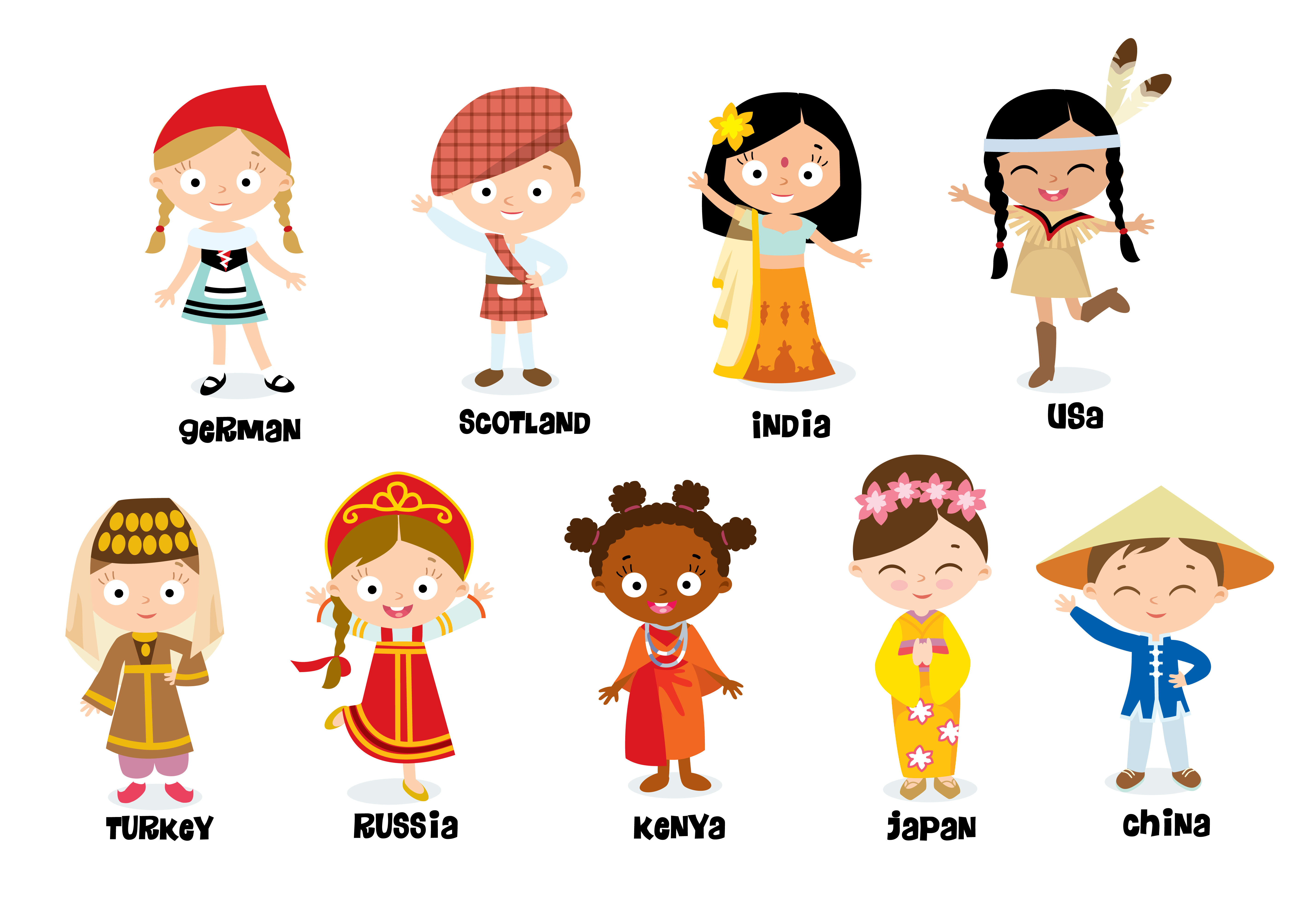Improving reading skills Worksheets for Ages 3-4
8 filtered results
-
From - To
Welcome to our "Improving Reading Skills Worksheets for Ages 3-4" section! Tailored for young learners, our engaging worksheets are designed to foster foundational reading skills through fun and interactive activities. Children will enjoy tracing letters, recognizing simple words, and developing phonemic awareness, setting the stage for successful reading. Our resources support early literacy through vibrant illustrations and age-appropriate exercises that captivate and motivate young minds. These worksheets not only enhance reading proficiency but also promote cognitive and language development. Perfect for homeschoolers and educators alike, our collection is easy to use and effective in nurturing a lifelong love for reading in your child.
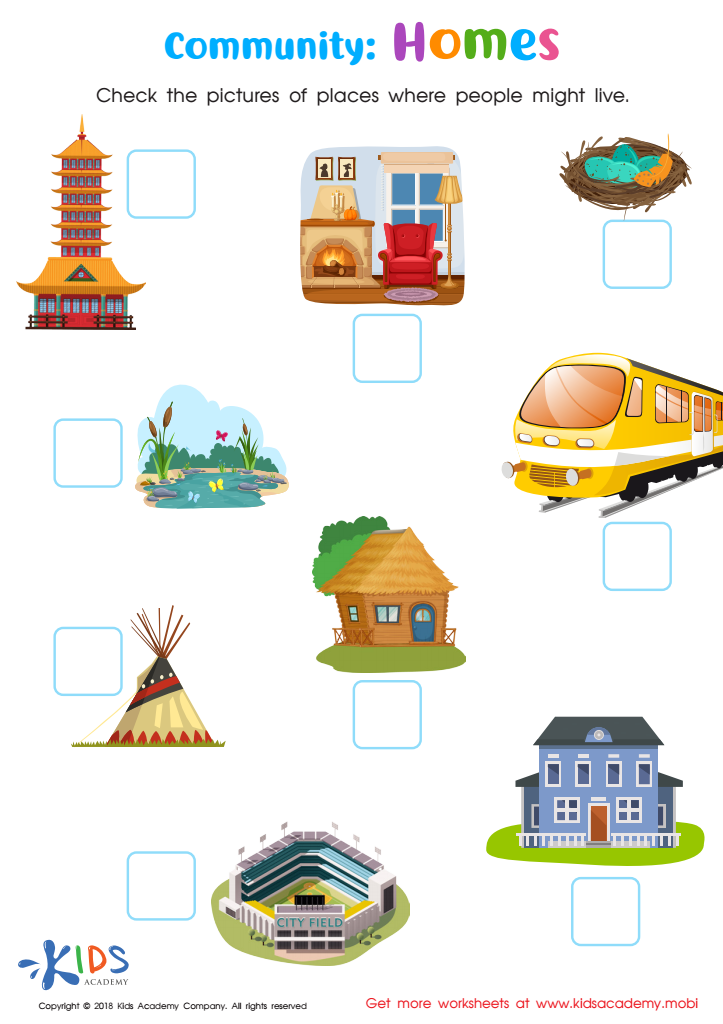

Community: Homes Worksheet
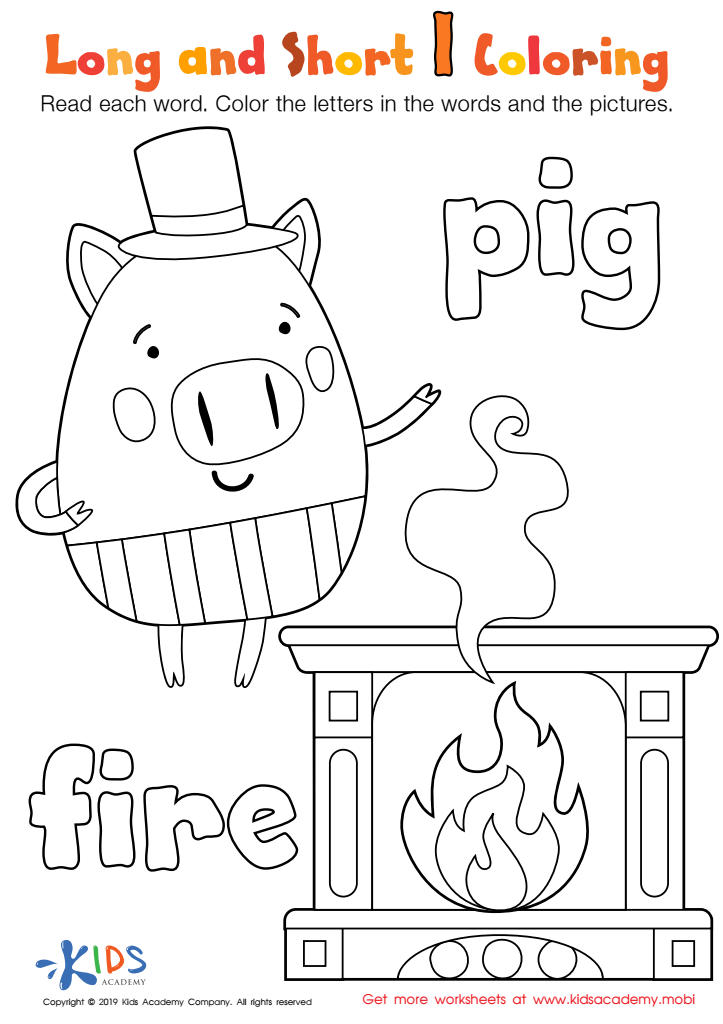

Long and Short I Worksheet
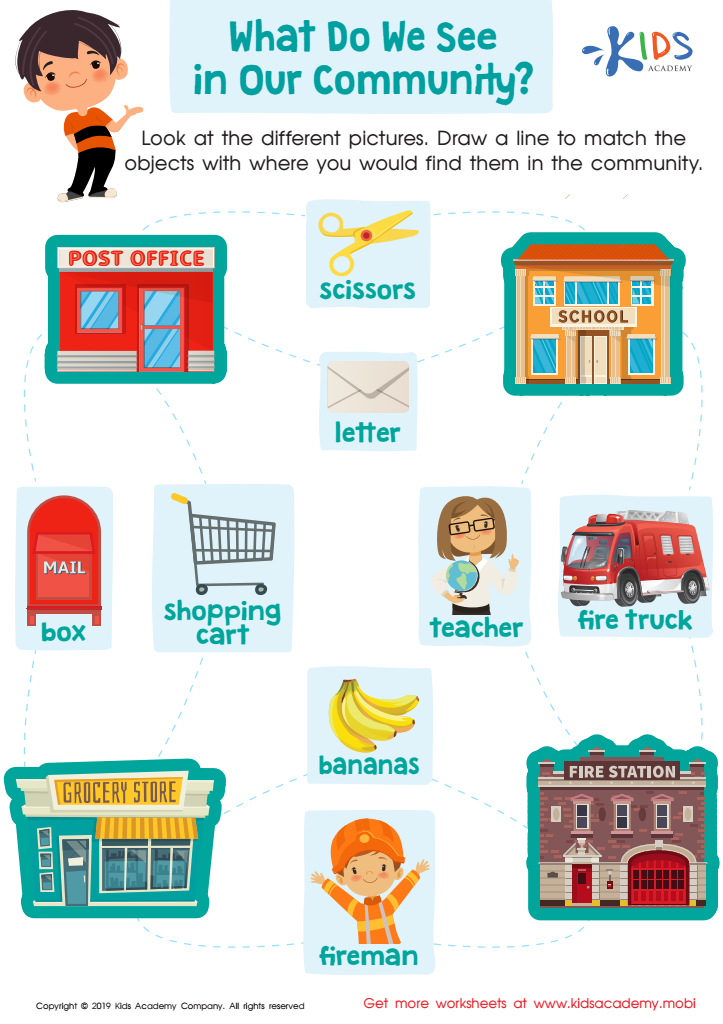

What Do We See in our Community? Worksheet
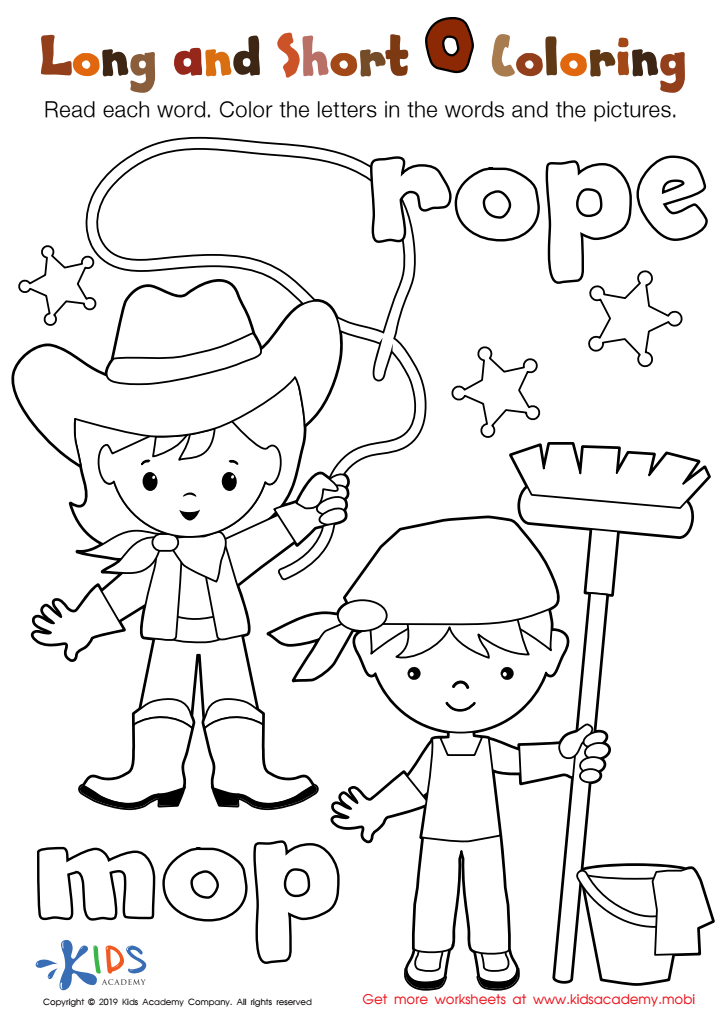

Long and Short O Worksheet
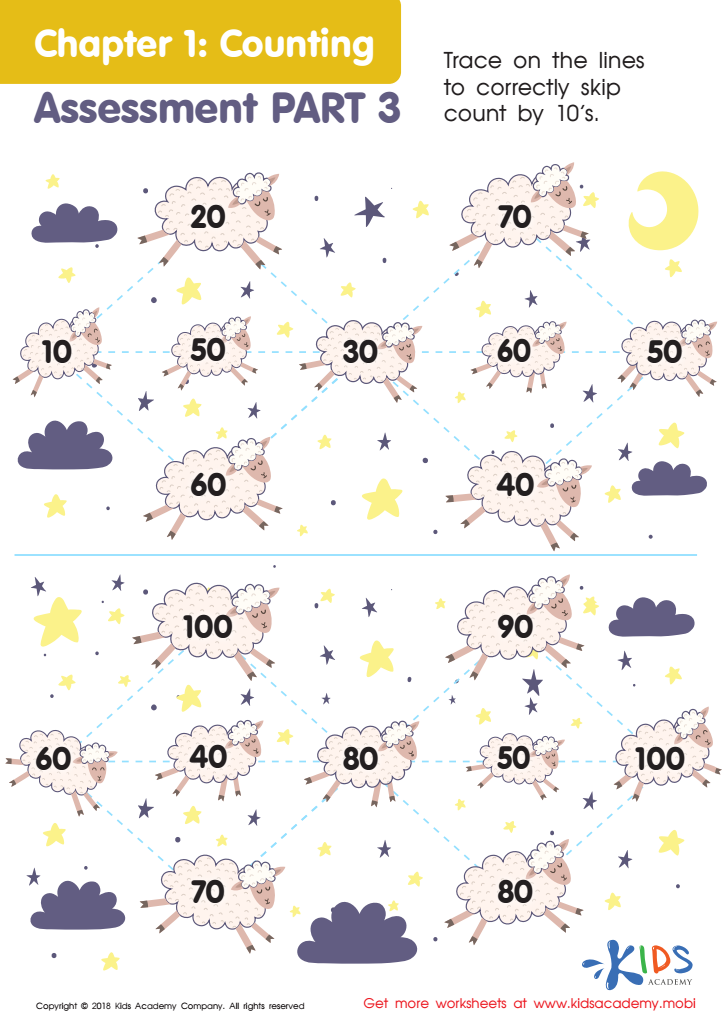

Counting: Assessment 3 Worksheet
Improving reading skills in children ages 3-4 is crucial for their cognitive and emotional development. During these formative years, children's brains undergo rapid growth, making them exceptionally receptive to language acquisition. By fostering early reading skills, parents and teachers can lay a solid foundation for literacy that encourages a love for reading and learning.
When children are exposed to books, storytelling, and language-rich interactions, they develop vocabulary, comprehension, and critical thinking skills. These early experiences not only enhance linguistic abilities but also promote social skills as children learn to express themselves and engage in discussions. Furthermore, reading improves concentration and memory, laying the groundwork for academic success.
Moreover, investing in early reading skills can mitigate educational disparities. Children who develop strong literacy skills at a young age are more likely to perform better in school, reducing the achievement gap that can persist into later years. By placing emphasis on reading in the early years, parents and teachers are empowering children, equipping them with the tools necessary to navigate their education and, eventually, the world. Thus, nurturing reading skills in 3-4 year-olds is not merely an academic goal but a vital investment in their overall growth and future potential.
 Assign to My Students
Assign to My Students

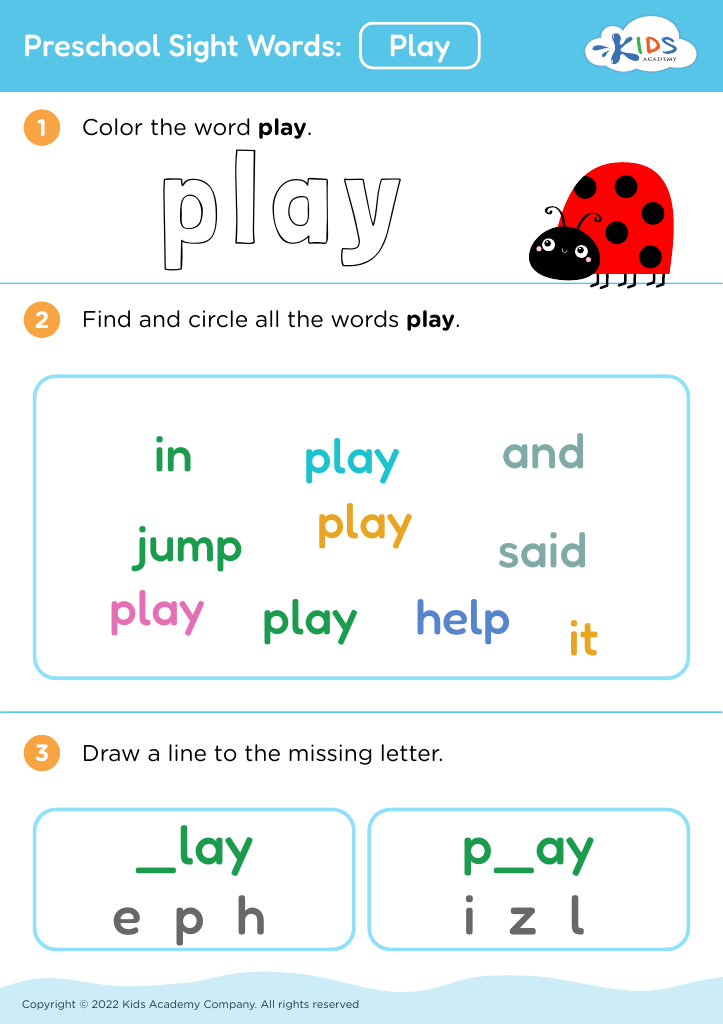




.jpg)

